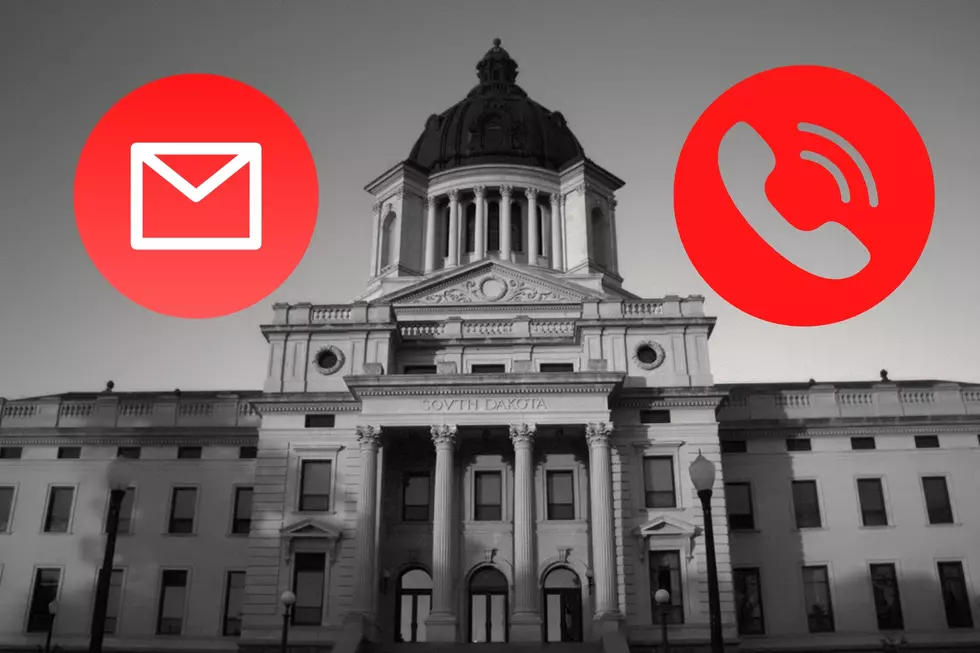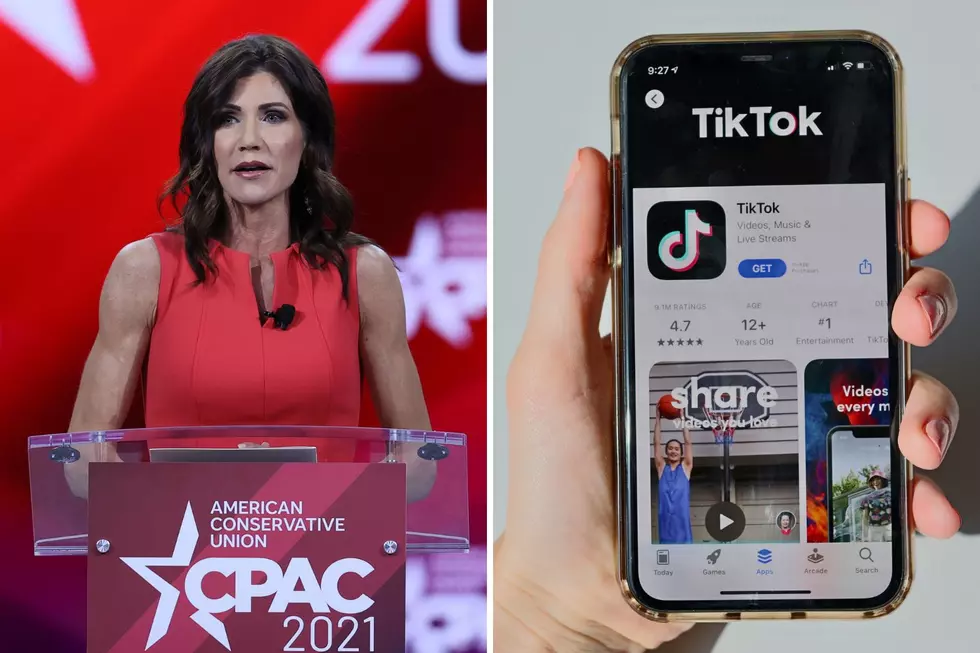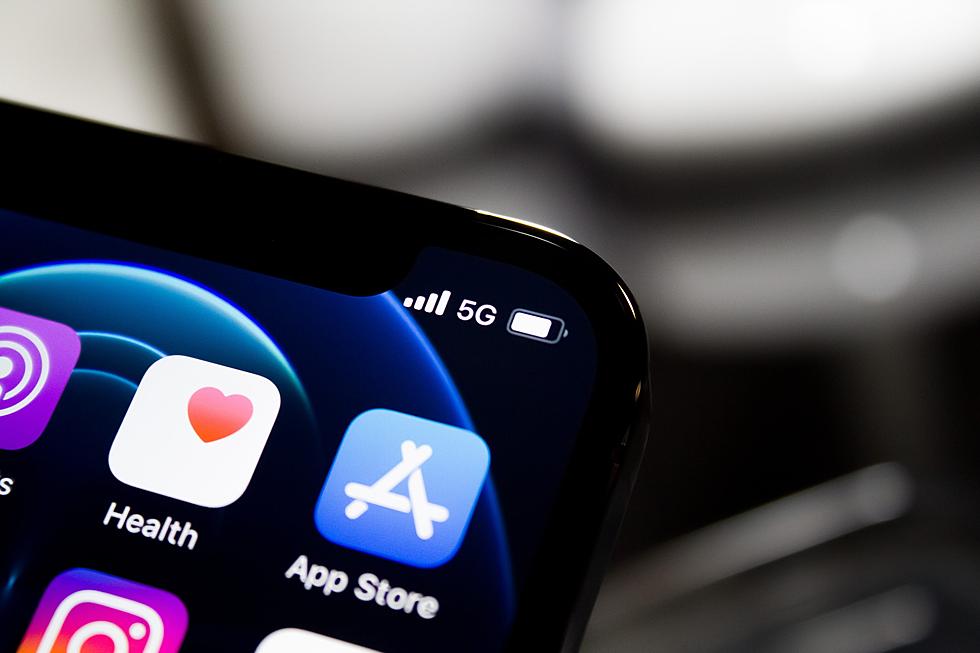
New Disclosure: NSA, FBI Examining User Content From Internet
One day after The Guardian newspaper in Britain disclosed a court order requiring Verizon to turn over to the National Security Agency on an ongoing, daily basis the records of all landline and cell phones calls of its customers, there was a new report Thursday (June 6th) in the Guardian and
The Washington Post about another program, called PRISM. In it, the NSA and FBI examines the country's main Internet companies, extracting audio, video, photos, emails, documents and connection logs to help track a person's movements and contacts. The companies involved include Microsoft, Yahoo, Google, Facebook, PalTalk, AOL, Skype, YouTube and Apple, but Google, Facebook, Yahoo, Microsoft and Apple said they don't provide the government with direct access to their records.
Reacting to the original Verizon story, some in Congress joined civil liberties and privacy advocates in condemning it, but other lawmakers from both parties defended its effectiveness, and leaders of the House Intelligence Committee said the program had helped block at least one attempted terrorist attack in the U.S. Intelligence experts said it's likely there were similar orders for other phone companies. Democratic Senator Dianne Feinstein said the order was a three-month renewal of an ongoing practice that is supervised by federal judges. The program was begun under former President George W. Bush and continued by President Obama.
James Clapper, the director of national intelligence, strongly condemned the leaks last night, calling the PRISM disclosure "reprehensible" and saying the report about the phone record collecting could cause long-lasting and irreversible harm to the nation's ability to respond to threats. Clapper said a special national security court reviews the program every 90 days and that the government isn't allowed to indiscriminately sift through phone data. Instead, queries are only allowed when there is reasonable suspicion.
More From KYBB-FM / B102.7









